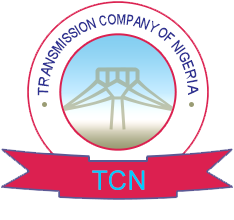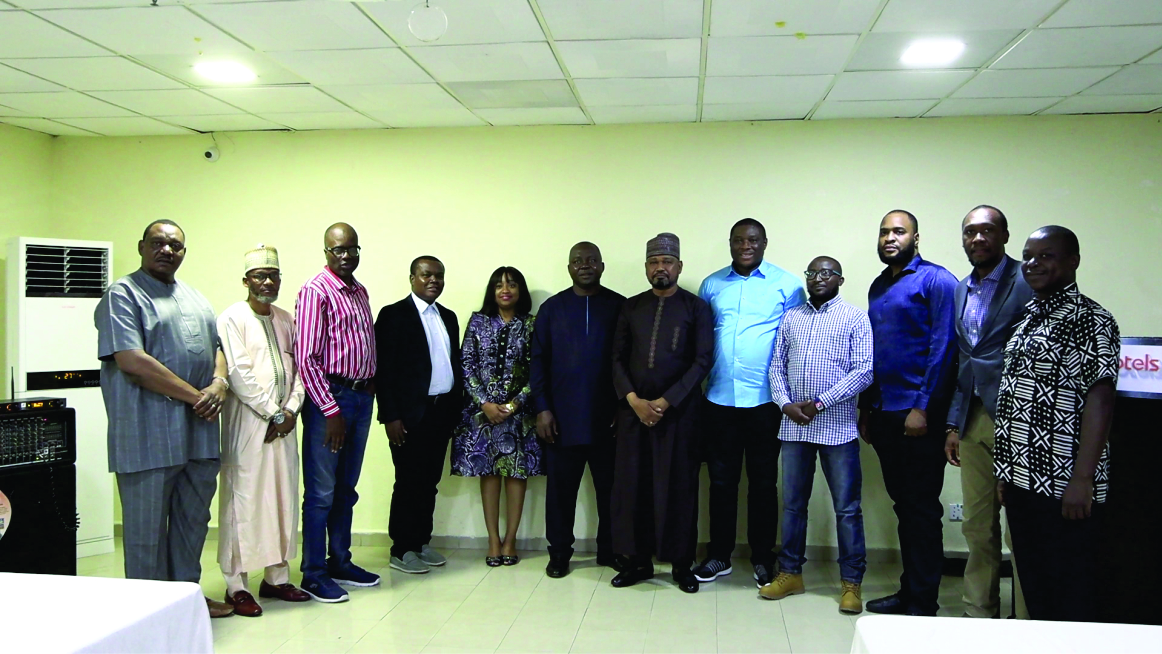The Electricity Act 2023, signed into law by President Bola Ahmed Tinubu's administration in 2023, is a game-changer for the Nigerian Electricity Supply Industry (NESI). It aims at improving efficiency, transparency, and accountability in the power sector, it enables states to participate in the generation, transmission and distribution of electricity as well as promote the use of renewable energy sources among others.
However, this new legislation also entails significant changes in the market rules and procedures that govern the industry's operations. To address this issue, the Rules Working Group (RWG) in its quarterly meeting in Calabar, Cross Rivers State, on the 23rd October, 2023 reviewed the implications and opportunities of the Act for the NESI, states and investors.
Speaking at the meeting, the RWG Chairman, Mr. Ali Bukar Ahmad, who is also the General Manager of Regulation and Compliance at the Transmission Company of Nigeria, TCN, gave an overview of the Act and its implication on the market dynamics. He said that the Act has fundamentally reshaped the market regulations and there is a need for a comprehensive review of the existing market rules and market procedures to align them with the legislative requirements and the best practices in the industry in line with the provision of the Act.
He also highlighted some of the challenges and opportunities that arise from the Act, such as separating ISO from TCN, consolidating all related Acts into one, integrating renewable energy sources, and engaging with stakeholders. He emphasized the importance of effective communication and collaboration among all market participants to foster a resilient and sustainable market development.
One of the main challenges that Mr. Ahmad pointed out about the Act was the integration of various renewable energy sources into the existing infrastructure. He said the challenge was not only a technical issue, but also a practical one, as there were many complexities beyond the Act's provisions. He underscored the need for heightened stakeholder engagement and said that the RWG was committed to providing effective communication channels for dissemination of crucial information across the industry.
Engr. Prof. Stephen Ogaji, who is the Vice Chairman of the RWG, also spoke at the workshop. He focused on the role of market flexibility and regulatory standards in ensuring a smooth transition to the new market regime. He said that the RWG was working closely with other governance structures in NESI such as ISAP, to address any potential conflicts or gaps in the market rules and market procedures.
Prof. Ogaji stressed the need for sustained dialogue and collaboration with regulatory bodies to resolve any issues that may arise.
The workshop also received a courtesy visit from Prince Eka Williams, the Commissioner for Power and Renewable Energy in Cross Rivers State. He commended the RWG for its efforts and expressed his appreciation for the decision to hold the event in Calabar.
He said that Cross Rivers State was eager to partner with power stakeholders to improve power supply and achieve its renewable energy goals. He underscored the necessity for a unified and impartial approach to addressing the challenges in the power sector and advocated for transparent communication to identify and resolve critical bottlenecks hindering efficient power distribution.
The workshop featured presentations on various topics related to the Electricity Act 2023 and its impact on market rules and procedures. The opportunities, weaknesses and constraints as well as impact of the Act on the existing Market Rules and Regulation among others.
 TRANSMISSION COMPANY OF NIGERIA
TRANSMISSION COMPANY OF NIGERIA
